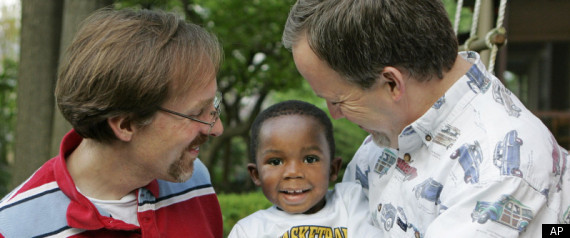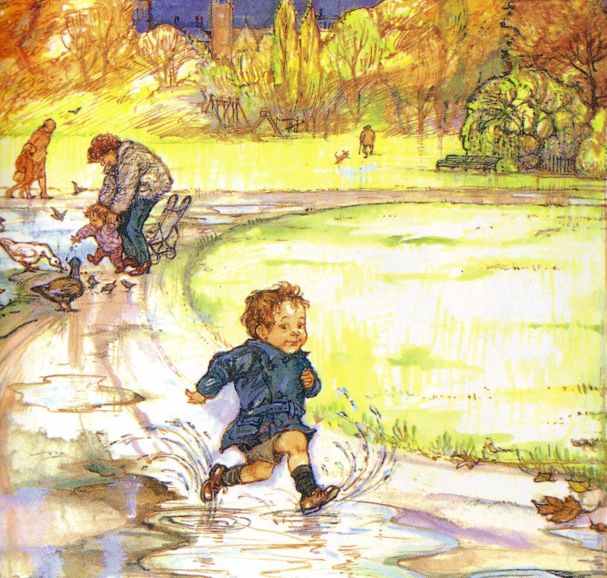Two Cafeteria Catholics Go Their Separate Ways
THE NEWS that former California Gov. Arnold Schwarzenegger and Maria Shriver have separated is not surprising. The couple never considered their marriage important enough for them to have the same name. They both have celebrity egos. He has a history of infidelity. She speaks and writes about women’s empowerment. Finally, neither of them takes the faith they profess seriously.
In 2008, Shriver told The Washington Post that she likes the “compassion and justice of Jesus Christ,” but can’t abide the Catholic Church’s positions on homosexuals, divorce and abortion. In other words, she’s a typical American Catholic at a serve-yourself buffet. “I’m a cafeteria Catholic,” she said.
She also said, “I consider myself a Catholic in good standing [even though] I don’t spend a lot of time squaring my own daily life with the institutional church.” (more…)




